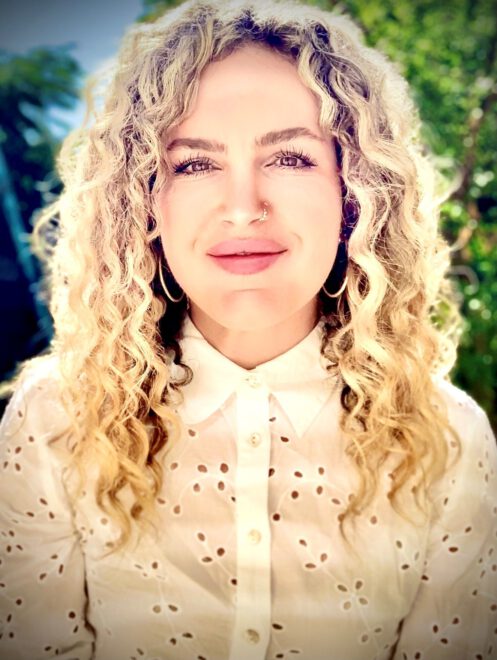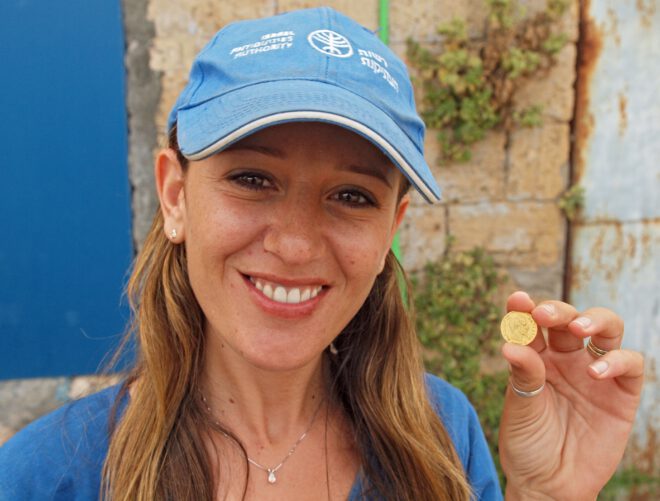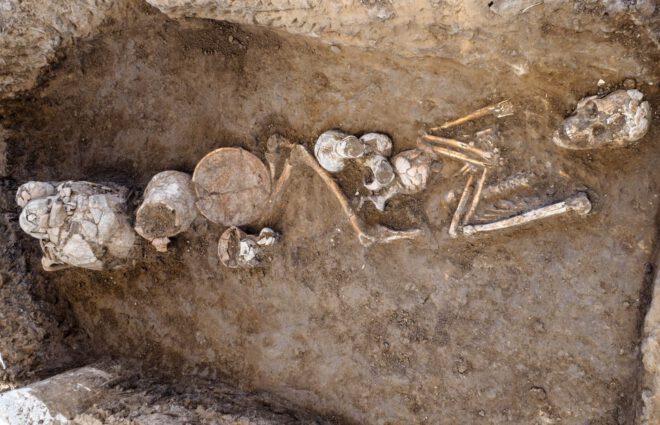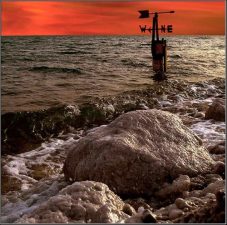Our ancient ancestors were using opium 3,500 years ago and took it with them to the grave.
Opiate abuse in America and Canada has reached an all-time high. Solar panels in Afghanistan are ushering in an all-time opiate crisis. And we learned in Thailand that hill tribes people have converted their opium businesses into mangoes.
But opiates weren’t always the villain. New evidence suggests that opium was used widely in the ancient world. Archeologists in Israel have dug up ancient opium containers with opium residue in them from about 3,500 years ago. They believe that opium was used by mourners after the death of a loved one.
Found at Tel Yehud, it is the oldest source of hallucinogen use in history to date.
Using chemical dating technology the vessels date back to the 14th century BC, and the discovery confirms historical writings and archeological hypotheses that opium was used widely in the Near East.
Because the vessels are similar in shape to the poppy flower when it is closed and upside down, the hypothesis arose in the 19th century that they were used as ritual vessels for the drug.
Now, an organic residue analysis has revealed this guess to be true. Opium residue was found in eight vessels, some local and some made in Cyprus. This is the first time that opium has been found in pottery.
Ron Be’eri of the Israel Antiquities Authority says: “It may be that during these ceremonies, conducted by family members or by a priest on their behalf, participants attempted to raise the spirits of their dead relatives in order to express a request, and would enter an ecstatic state by using opium.
“Alternatively, it is possible that the opium, which was placed next to the body, was intended to help the person’s spirit rise from the grave in preparation for the meeting with their relatives in the next life”.
Vanessa Linares of Tel Aviv University who is doing her PhD thesis on the research explains: “This is the only psychoactive drug that has been found in the Levant in the Late Bronze Age. In 2020, researchers discovered cannabis residue on an altar in Tel Arad, but this dated back the Iron Age, hundreds of years after the opium in Tel Yehud.

Vanessa Linares
“Because the opium was found at a burial site, it offers us a rare glimpse into the burial customs of the ancient world. Of course, we do not know what the opium’s role was in the ceremony – whether the Canaanites in Yehud believed that the dead would need opium in the afterlife, or whether it was the priests who consumed the drug for the purposes of the ceremony.

The discovery sheds light on the opium trade in general, the researchers explain. Opium is produced from poppies, which grew in Asia Minor – that is, in the territory of current-day Turkey – whereas the pottery in which we identified the opium were made in Cyprus. In other words, the opium was brought to Yehud from Turkey, through Cyprus; indicating the importance that was attributed to the drug.

Eriola Jakoel finds gold coins along with the opium
Until now, no written sources have been discovered that describe the exact use of narcotics in burial ceremonies, the researchers say.
The research was conducted as part of Vanessa Linares’s doctoral thesis, under the guidance of Prof. Oded Lipschits and Prof. Yuval Gadot of Tel Aviv University’s Department of Archeology and Prof. Ronny Neumann of the Weizmann Institute, in collaboration with Eriola Jakoel (pictured above) and Dr. Ron Be’eri of the Israel Antiquities Authority, and the study was published in the journal Archaeometry.



